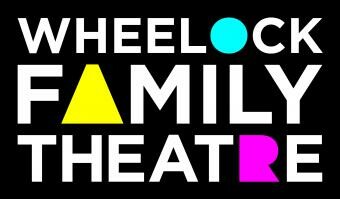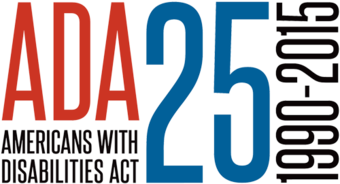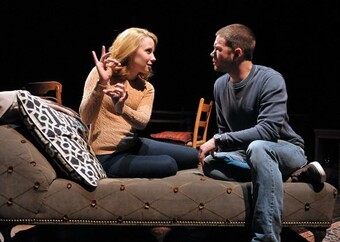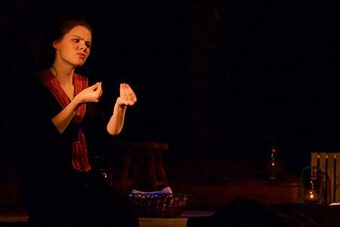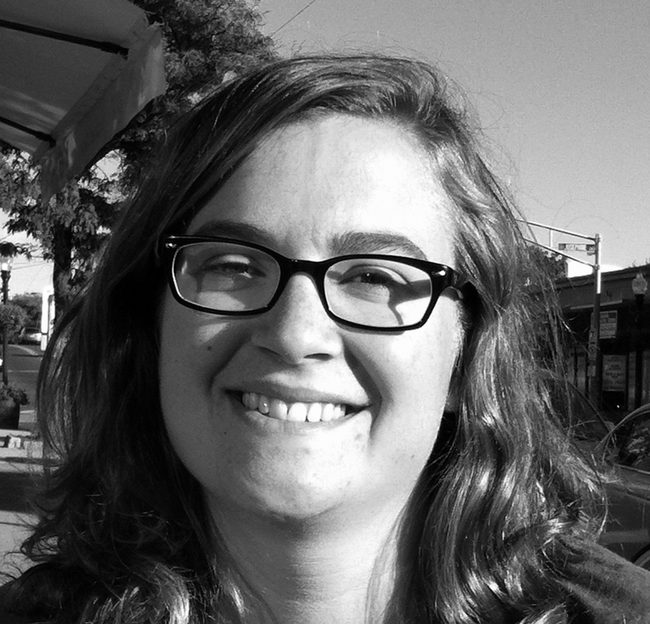
Ariel Baker-Gibbs is originally from Toronto, Canada. She’s been engaged with arts and culture for years as a critical consumer, reviewer, and editor. She graduated from Yale in 2011 with a B.A. in English Literature. Her interests lie in popular culture and the future of media, literature, and journalism. She works at the MIT Press for the editorial, digital, and design departments, and is a freelance writer and reviewer. For a happy existence, she needs the Marx Brothers, bikes, and pie.

